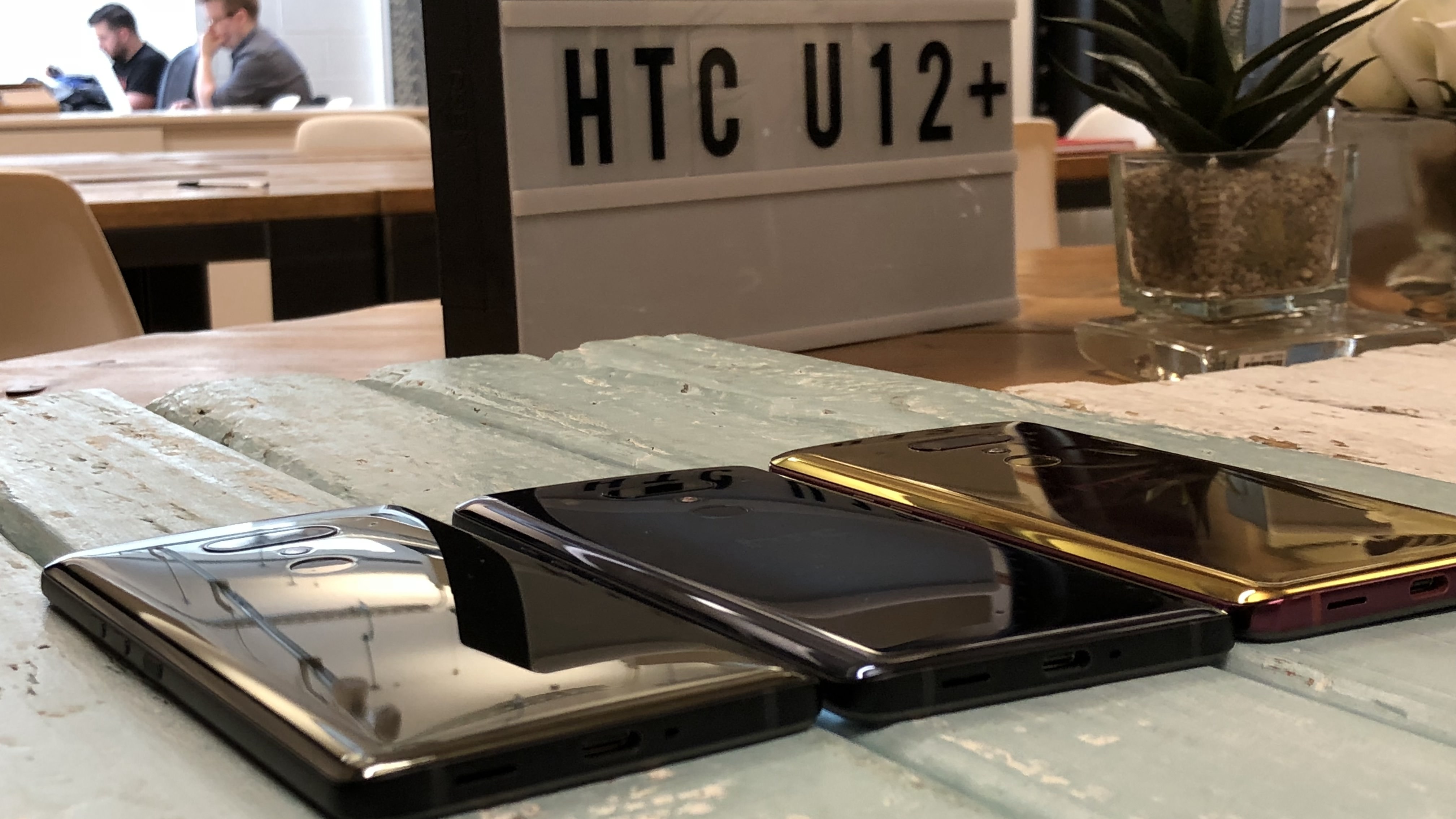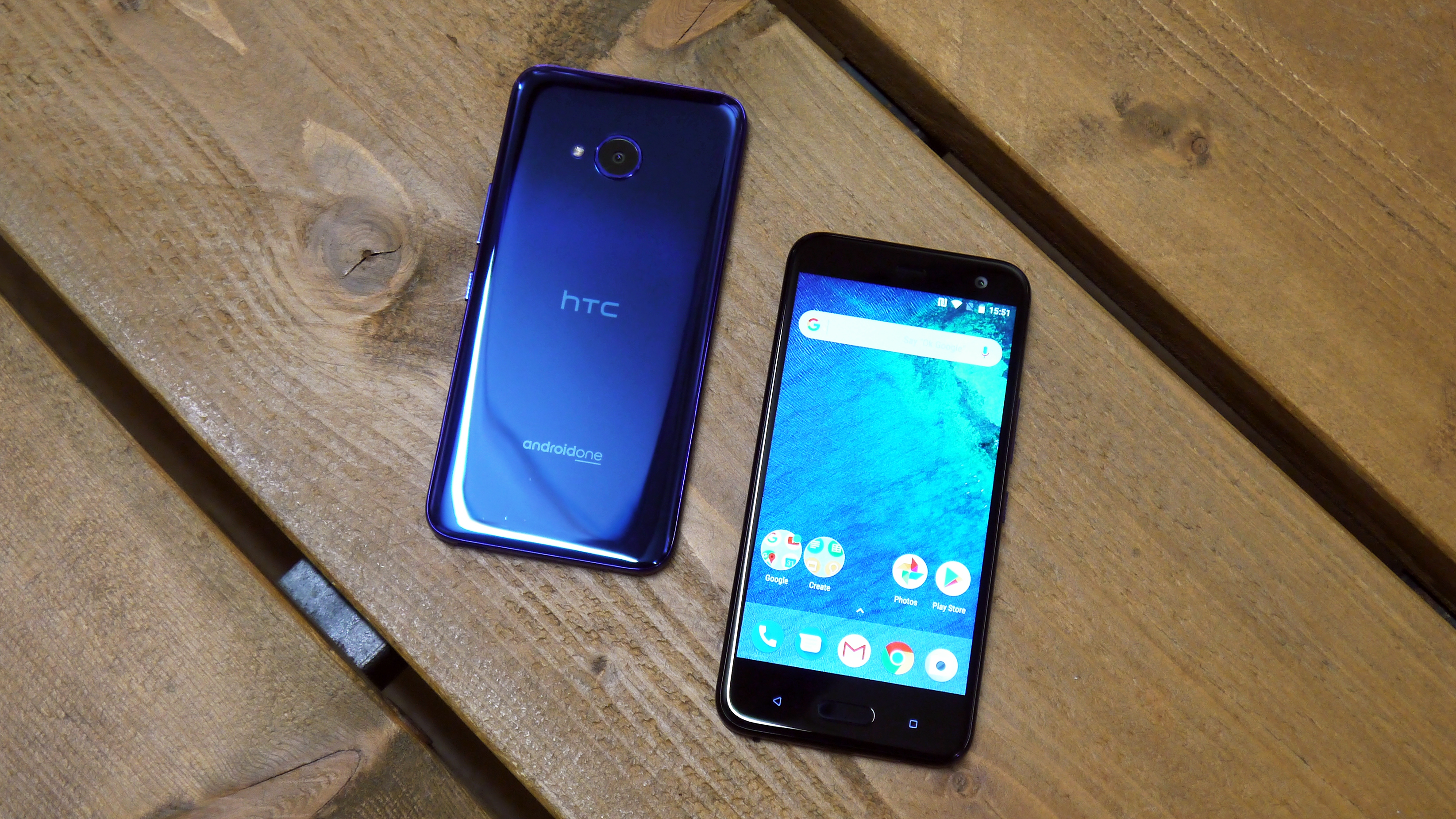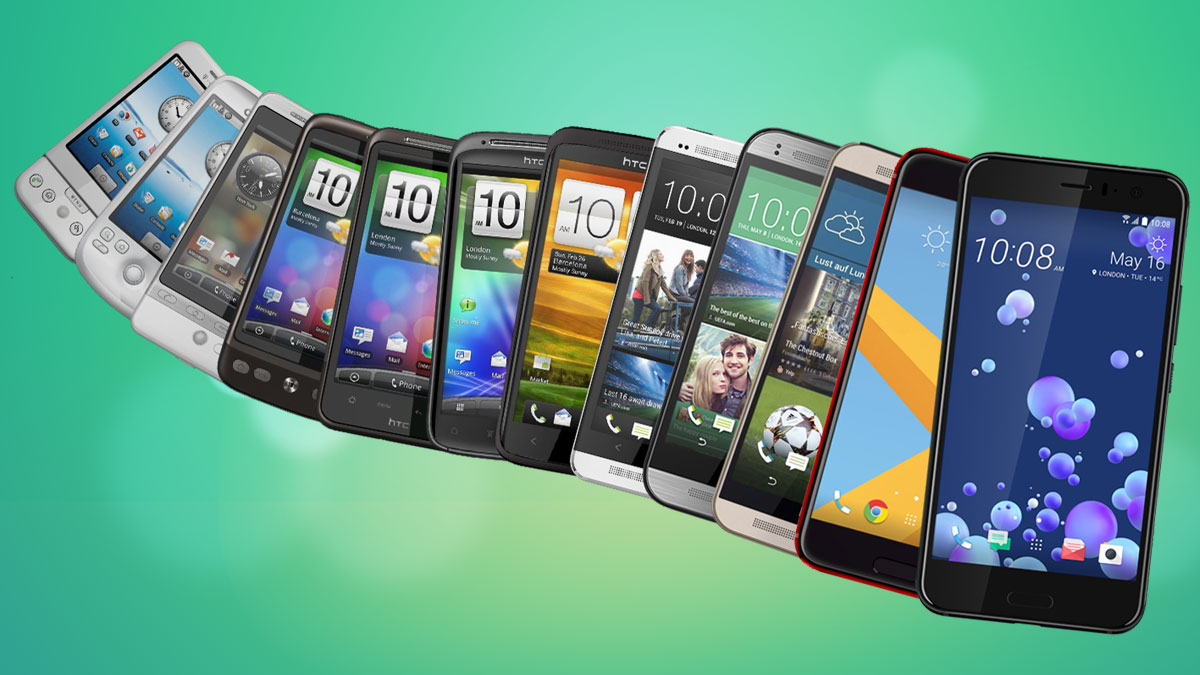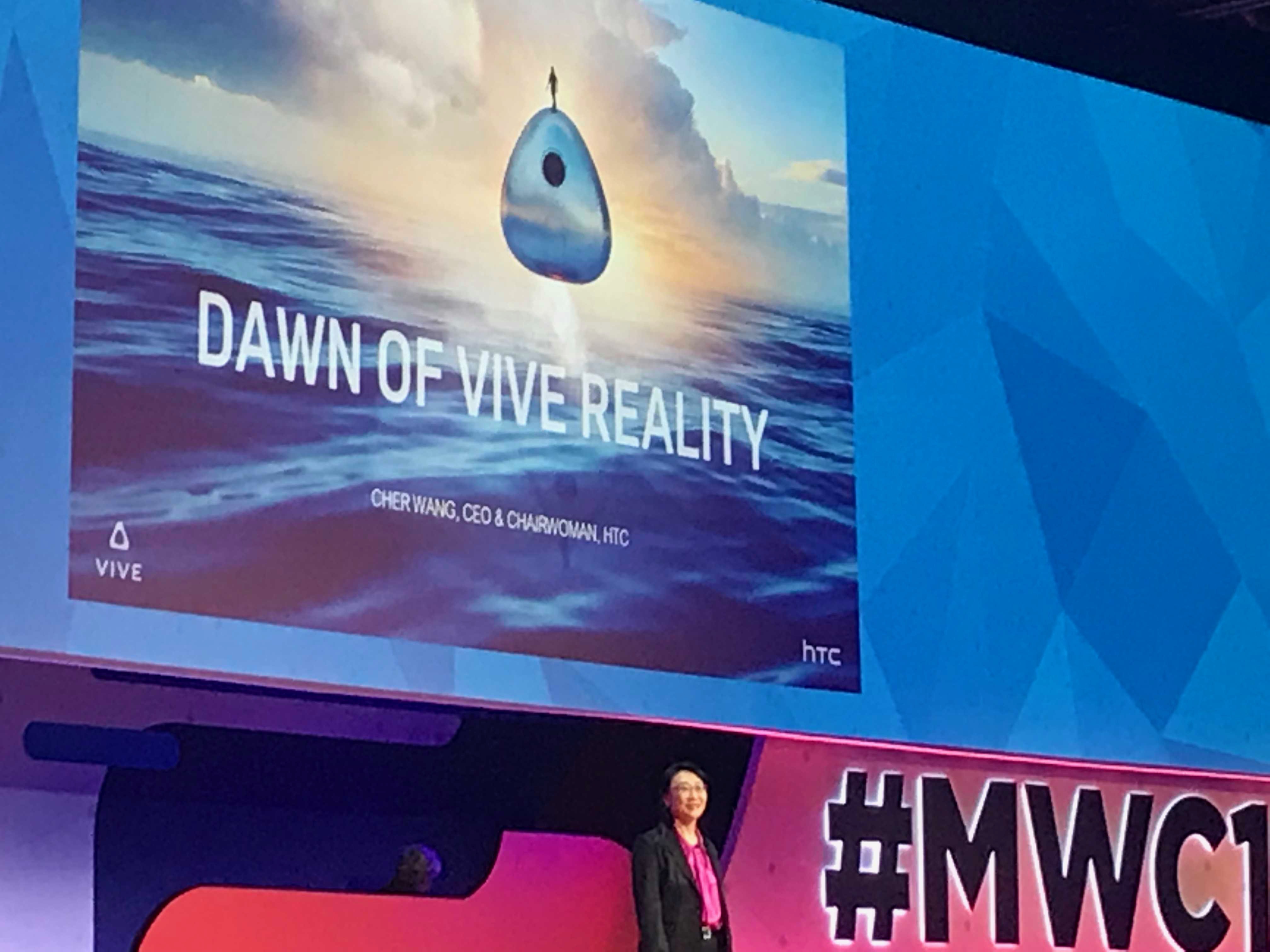Here’s why the HTC U12 never happened
And hints at another phone this year

Sign up for breaking news, reviews, opinion, top tech deals, and more.
You are now subscribed
Your newsletter sign-up was successful
“There is no ‘master U12’, the [HTC U12 Plus] is the flagship, and the next one that’s above that phone will be the 2019 product.”
That’s how Fabian Nappenbach, director of product marketing for HTC, explained the reasoning for calling this year’s phone the U12 Plus, despite there confusingly being no ‘original’ HTC U12.
Last year we had the HTC U11 and then the larger U11 Plus later on, but apparently where that’s something other brands do regularly, it gave HTC something of a headache:
“The U11 Plus was something like the ‘director’s cut’ for the U11. When you do that, some of our fans now would think ‘OK, there’s this new [phone], I could wait until November because there many be something that’s even greater’ and this year we don’t want to do that.
“The HTC U12 Plus is our flagship phone for this year - this is where we go ‘all in’ on all of the technology and everything we want to be in there and we want to make sure that this name transports that attitude of the device,” added Nappenbach.
Knowing its place
That makes sense. Sort of - without the HTC U12, it’s hard to see what the ‘Plus’ is bigger than.
In reality, it shows HTC has an awareness of what’s happened in the phones industry, having to show its top phone is better than a device that never existed - where Apple and Samsung can call their phones whatever they like, the rest of the industry has to scramble to project as strong a message as possible to the consumer.
Sign up for breaking news, reviews, opinion, top tech deals, and more.
“We want to be fair to ourselves, as when we look left and right how everybody’s using the term ‘Plus’ or ‘Pro’, we want everyone to know we’re in the league of the other ‘plusses’, in terms of [the tech] we’re putting in, making sure it’s a fair comparison,” said Nappenbach.
It’s no secret that HTC has been struggling in recent years - its recent positive financials bucked a trend of years of losses, and were largely to do with selling a big portion of its smartphone business to Google, so it makes sense that HTC would want to step further away from the low-margin world of low-end phones and concentrate on powerful flagship models.
“We’re not pumping out as many high-end phones as we did, as the difference between [releasing] two generations in the same year is getting smaller and smaller - so we want to concentrate all our resources on a couple of phones,” said Nappenbach.
Where have all the engineers gone?
What’s interesting is that while Google is now in charge of a large portion of HTC’s smartphone engineers (and presumably its smartphone production too) to create the new Pixel 3, there still seems to be a lot of cross collaboration between the brands, calling into question whether there’s really a divide between Google and HTC after the sale.
“We’ve [sold] some of our resources to the likes of Google, they’re sitting in the same office building in Taiwan and we know each other and might even help each other,” says Nappenbach.

If this is true, then it’s a great thing for HTC: it’s hard to imagine a brand able to make a decent smartphone shorn of so many top engineers, and Google must have taken a significant portion of the company’s smarts.
Having access to them would be crucial in terms of maintaining a high level of expertise in what it takes to make a competitive smartphone, as HTC doesn’t have the luxury of being able to put out a poor device every so often and still maintain relevance in the cut-throat world of smartphone manufacture.
What's in a name?
This mystery around the no-appearance of the U12 has highlighted another key thing: HTC has never really nailed the branding of its flagship smartphones.
Think of the sub-brands people know instantly: Ralph Lauren Polo, Toyota Prius, McDonald’s Big Mac… take off the company name and people still know what the product is related to.
Where Apple has the iPhone and Samsung has the Galaxy, HTC has never settled on a name for its smartphone flagship line: the Desire range in 2010 put HTC on the map, but then a few years later was switched to Sensation, then the ‘One’ branding during its more recent heyday.
Even that popular One line was confused: the One X came before the One, then we had the One M8, M9 and eventually just the HTC 10, as the brand presumably realised that two unrelated numbers in the title was a bit tough to work out.

Compare that to the ‘iPhone 4’ or ‘Galaxy S6’, it’s easy to see how consumers might be confused over which HTC phone is the latest model - and last year the ‘U’ branding was added into the HTC U11, meaning the obvious next step was the U12... but that's not happened.
Then again, is it fair to expect HTC to stick with the same branding on its phones when it's trying to stand out?
Samsung and Apple are companies with an incredible marketing budget and can force a repeated message of any branding into consumers’ lives, where HTC hasn’t had the same clout to control the public’s perception of its products.
Take, for instance, the HTC Desire: arguably the first Android phone to be a real iPhone rival, it was a huge success for HTC.
HTC needs to create handsets we can look forward to, phones that stand for something consumers want.
However, subsequent models weren’t as critically acclaimed (for instance, the battery life on the successor, the Desire HD, was dire) so rebooting the range with a new, exciting brand gave a chance to jumpstart interest, and did lead to a small uptick in interest.
In fact, do we even need a chronological update every year anyway? Samsung has the A and J series of phones, and the names of these stay the same each year, simply denoting which is the more powerful model (the A5 being better than the A3, for instance) and yet are still popular among consumers.

More importantly than having the right number on its products, HTC needs to create handsets we can look forward to, phones that stand for something consumers want and then hang a brand off that.
HTC's current range of phones already look great, sound amazing, have attempted innovation - all things that could be used to create a groundswell of interest with the right name.
Ironically, HTC has had a massive hand in making the Google Pixel range - phones that are exciting mainly for the camera, the name tying in with that and giving a strong identifier.
If HTC were to make the HTC Sonic range, or the HTC Emblem or even the HTC Force, these would be things that signal what the phone is great at, something that says ‘buy this phone if you’re an audiophile / design fan / love to squeeze a phone’... something that resonates in an understandable way for the public.
The HTC U12 Plus is a good phone. In some areas, it might even be great, but the feeling right now is that it’s nothing exceptional, and even the most ardent of HTC fans might struggle to work out whether it’s the new flagship without a bit of Googling first - and that’s something HTC needs to solve fast.
- Our HTC U12 Plus review is nearly here - will it dubbed one of the best smartphones?

Gareth has been part of the consumer technology world in a career spanning three decades. He started life as a staff writer on the fledgling TechRadar, and has grew with the site (primarily as phones, tablets and wearables editor) until becoming Global Editor in Chief in 2018. Gareth has written over 4,000 articles for TechRadar, has contributed expert insight to a number of other publications, chaired panels on zeitgeist technologies, presented at the Gadget Show Live as well as representing the brand on TV and radio for multiple channels including Sky, BBC, ITV and Al-Jazeera. Passionate about fitness, he can bore anyone rigid about stress management, sleep tracking, heart rate variance as well as bemoaning something about the latest iPhone, Galaxy or OLED TV.